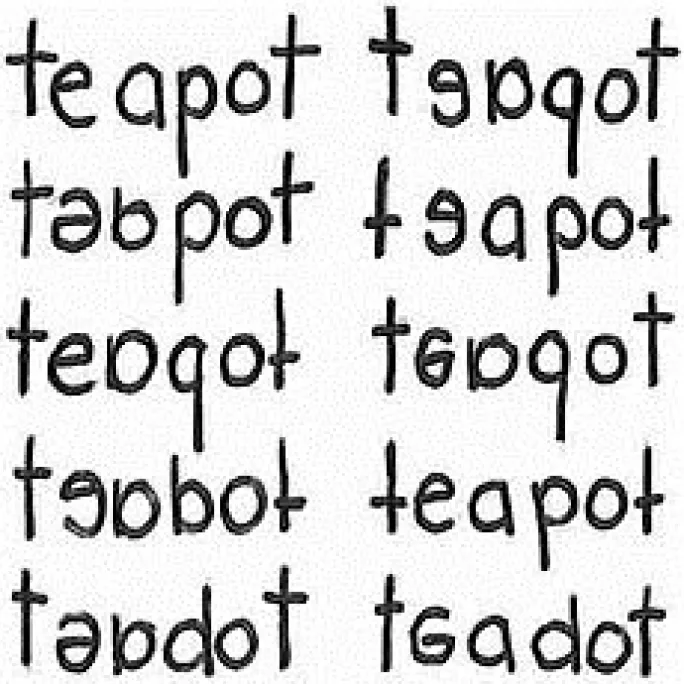Scrap the term ‘dyslexia’, says educational psychologist
Share
Scrap the term ‘dyslexia’, says educational psychologist
https://www.tes.com/magazine/archive/scrap-term-dyslexia-says-educational-psychologist

The term “dyslexia” should be scrapped because it is educationally meaningless and could even lead to educational inequality, a new book claims.
Professor Joe Elliott, from Durham University, says that resources should be put into helping all children who struggle with literacy, rather than diagnosing and treating only a “dyslexic” group.
He adds that the definition of the condition is so broad it is impossible to make a meaningful separation from others with reading difficulties.
The treatment for dyslexia is identical to those used for children with a whole range of reading problems, so a diagnosis has no educational value, according to the educational psychologist.
Professor Elliott also says that middle-class parents are more likely to seek out the label of dyslexia, meaning that their children are more likely to receive specialist attention than those from poorer backgrounds.
The claims are made in a new book, The Dyslexia Debate, written by Professor Elliott with Yale University scientist Elena Grigorenko, which is published on Saturday.
Speaking to TES, Professor Elliott likened looking for a dyslexia diagnosis in a child to “looking at a horoscope”.
“One of the problems is you get these long lists of symptoms and you’ll find something of yourself in all of them,” he said.
“If someone is expressing any kind of learning problem, you’re going to be able to go down the list and find two or three symptoms and you’re going to go ‘ok, that means you’re dyslexic’.”
But Dr John Rack, head of research, development and policy at Dyslexia Action, said that it was wrong to say that the term dyslexia was “without value, both scientifically and educationally”.
He added that it was “helpful” for people to be diagnosed with dyslexia as it “made sense of past struggles” and helped teachers plan the way they teach.
You've reached your limit of free articles this month. Subscribe for £1 per month for three months and get: